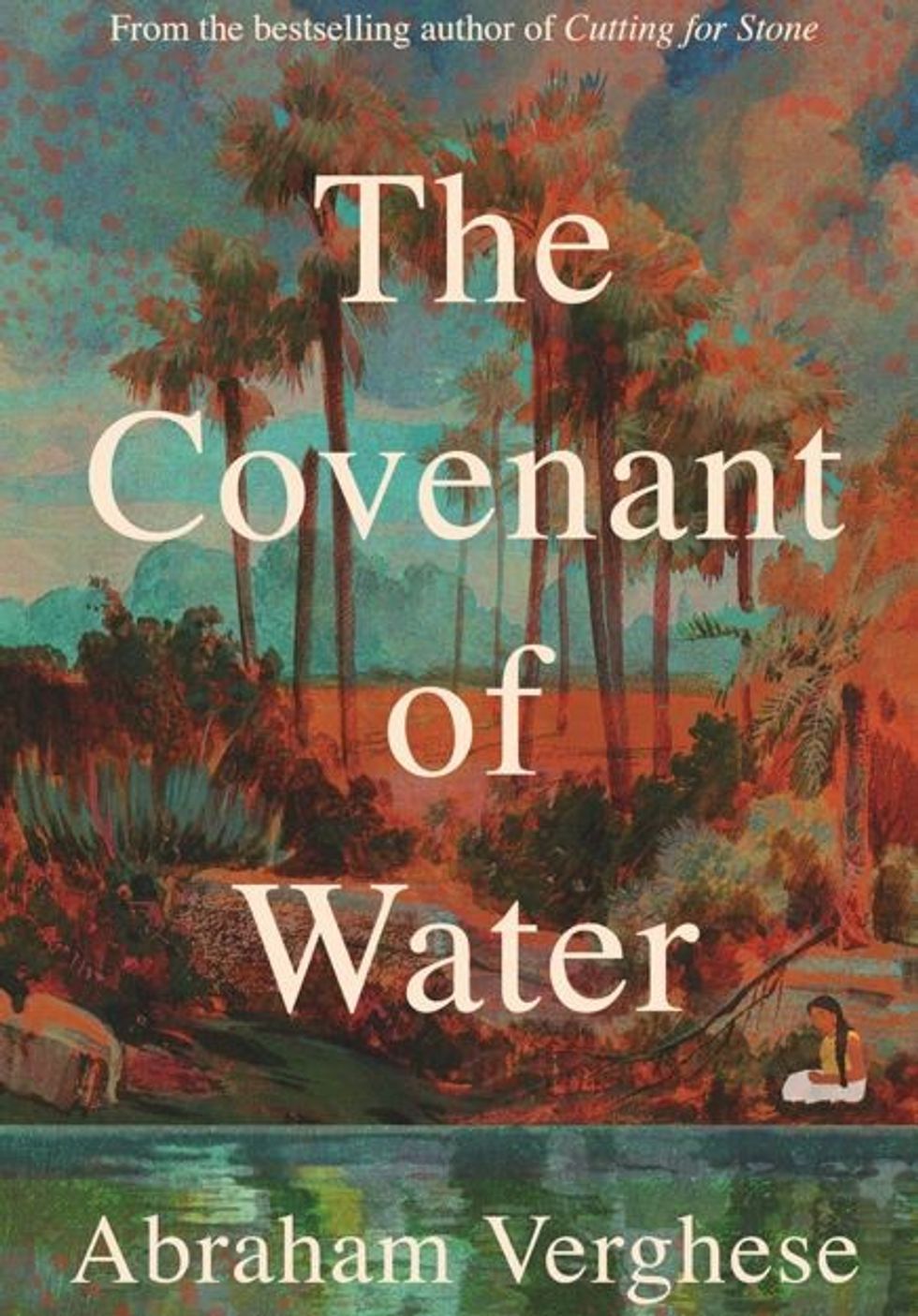There was always going to be a lot of pressure on Abraham Verghese to follow up his best-selling novel Cutting for Stone, which became a sleeper super-hit and remained on the New York Times bestseller list for over two years. The talented American author has risen to the challenge with an epic follow-up, which was recommended by Oprah Winfrey in her famous book club.
The Kerala-set story traces the evolution of a family from 1900 to 1977, through a whole myriad of challenges like monsoons, war, famine, floods, fires, and starvation. There is an interesting exploration of human relationships, deep emotional bonds, faith, and love.
At the centre of it are all relatable characters that include someone who starts the story as a child bride and witnesses the changes as she grows into old age. The detailed book filled with beautifully written prose takes readers on an epic journey across the changing landscape of Kerala and those who are rooted there.
He offers up plenty of surprises and elements that wouldn’t usually be found in an India set novel. Elements from history add a wonderful extra layer to the story. Perhaps his greatest triumph is offering up characters, who are relatable to modern day readers, despite them being from the past.
There is also great use of water as a metaphor. There could have been a little more joy in the book and scope to take a deeper dive into the state of Kerala.
At over 700 pages long, the book is lengthy, but that works to its advantage and allows the author to add multiple elements ranging from tragedy to art.
He skilfully brings the various threads and sub-plots together into a satisfying ending, making the reader feel like they have been on an immersive journey.







 Naeli and the secret song
Naeli and the secret song









 Jamie Lloyd’s Evita with Rachel Zegler set for Broadway after London triumphInstagram/
Jamie Lloyd’s Evita with Rachel Zegler set for Broadway after London triumphInstagram/
 A compelling premise, layered and unpredictable charactersAMG
A compelling premise, layered and unpredictable charactersAMG Anyone who enjoys a gripping story with a diverse cast and unexpected twistsHarperFiction
Anyone who enjoys a gripping story with a diverse cast and unexpected twistsHarperFiction
 The Story Teller by Ley Roberts
The Story Teller by Ley Roberts Summer Exhibition coordinator Farshid Moussavi, with Royal Academy director of exhibitions Andrea Tarsia in the background
Summer Exhibition coordinator Farshid Moussavi, with Royal Academy director of exhibitions Andrea Tarsia in the background An installation by Ryan Gander
An installation by Ryan Gander A sectional model of DY Patil University Centre of Excellence, Mumbai, by Spencer de Grey
A sectional model of DY Patil University Centre of Excellence, Mumbai, by Spencer de Grey Rituals and Identity and Theatre of Resistance by Arinjoy Sen
Rituals and Identity and Theatre of Resistance by Arinjoy Sen
 An explosive new play that fuses biting satire, history and heartfelt storytellingPleasance
An explosive new play that fuses biting satire, history and heartfelt storytellingPleasance